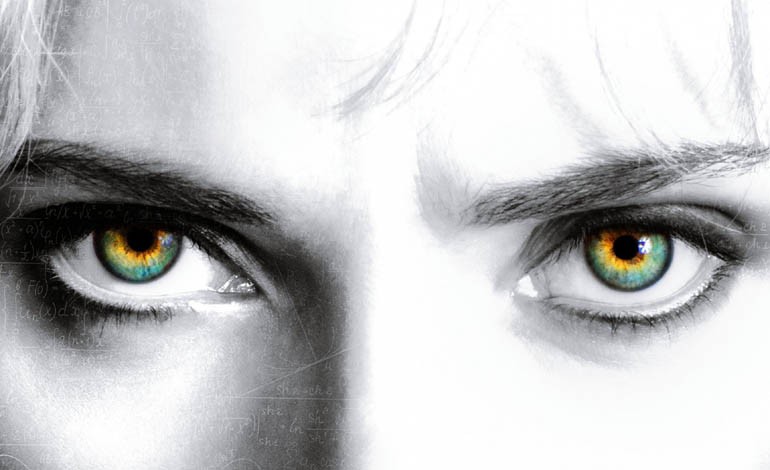Review: LUCY is…uh… Did That Just Happen?
Director Luc Besson, the vision behind The Fifth Element and Leon: The Professional, is no stranger to the weird and wacky. And rest assured his latest cinematic hit Lucy is downright bizarre.
It’s important to note that ‘weird’ doesn’t mean ‘bad’, though Besson’s defiance of cinematic conventions does make the film difficult to describe and actually review. It’s a film that must be seen to be believed. The story is straightforward – a woman working as a drug mule accidentally ingests huge amounts of a drug that drastically enhances the power of her brain.
It’s important to note that the crux of the film as is it advertised – particularly the myth that we only use 10% of our brain, is actually a misnomer once you’re actually ingested in the story. The story acts as Besson’s treatise on the Transhumanism trope in Sci-Fi: it’s not that our hero(?) Lucy is able to use more of her brain, so much as it is that she gradually ascends into a higher state of being. Her brain functionally becomes an open door to the inner workings of existence itself, allowing her to control matter and space-time along the way. It’s almost inaccurate to call this an action film, given the camera’s aversion to most of the violence and gore, and especially with how rarely Lucy actually needs to rely on physical ass-kicking to accomplish her goals.
It’s also an enormous relief to watch movies where Scarlett Johansson is actually acting again. She went through an unfortunate phase in her career where directors would essentially pose her rather than make sure she was emoting – this is most apparent in The Spirit and Iron Man 2. Scarlett is a damnably impressive actress whom can pull off any sort of role she sets her mind to, and her performance as Lucy has a lot of heart, even when the character loses touch with her own. Lucy’s transformation from a naive and frightened young woman into a calculating Eldritch Abomination is awe-inspiring. To the credit of Besson’s writing and direction, Lucy’s story plays like a pitch-black comedy, as her metaphysical mutation is depicted through the eyes of bewildered spectators, which emphasizes just how alien she is as she nonchalantly hacks computers at the speed of sound or spontaneously grows claws. The enhancement of her intellectual power at the cost of her emotional intelligence and empathy is so jarring it’s funny, typical of a Besson film. Few can do tragicomedy like him and he uses that skill to tell unique and lingering stories, even if this one does lean a little on inaccurate scientific cliches.
[Warning SPOILERS AHEAD]
The imagery in the film is at its most memorable in the final act of the film, when Lucy injects 3 uncut kilograms of the drug at once into her bloodstream in order to reach 100%. She begins to see through time and travels back millions of years to find the early hominid ape that shares her namesake, and makes contact with her that is a none-too-subtle reference to Michelangelo’s The Creation of Adam. Ultimately, Lucy’s body cannot keep up with the super-evolution of her brain, and she must abandon her physical form, transforming into a super-computer in order to preserve and pass on the knowledge she’s obtained. Morgan Freeman’s character even points out that her doing so is a sacrifice, one that will elevate mankind. The macabre, organic supercomputer even bears some resemblance to a Gothic Cathedral. Are these references subtle? Of course not, although they aren’t meant to be. In fact, seeing a science fiction film depict religion in a way that isn’t antagonistic, nor pitting faith and reason against each other for the sake of it, is actually pretty refreshing. The opposition of science and religion is a tired debate in which there are no winners, and what makes us human, the film suggests, is that we have the capacity for both.
[End of SPOILERS]
The visual effects and editing are generally by the numbers, although it’s not necessary to employ the sort of wacky supertech that we see in hard sci-fi like The Fifth Element nor the overwhelming, persistent CGI we see in… almost every Sci-Fi/Fantasy tale nowadays. What’s impressive is how much of the story is told by showing, rather than telling, which means instead of eye candy we get the visual information we need to follow the story. Lucy keeps it simple without giving you the chance to turn your brain off, which is why it’s compelling.
Luc Besson has once again made weird, weird, weird movie, but as geeks we owe it to ourselves to give such things a chance now and then.







